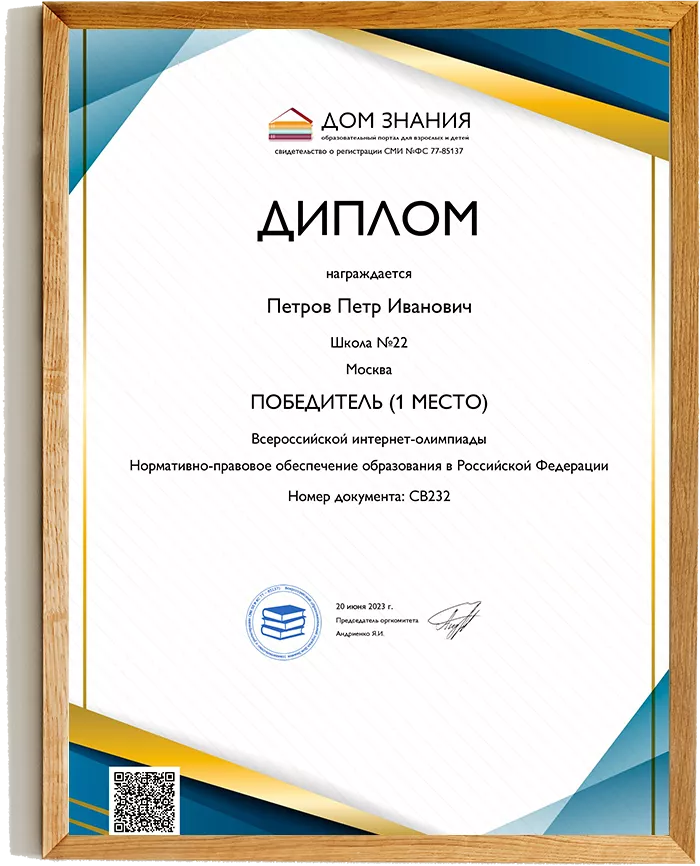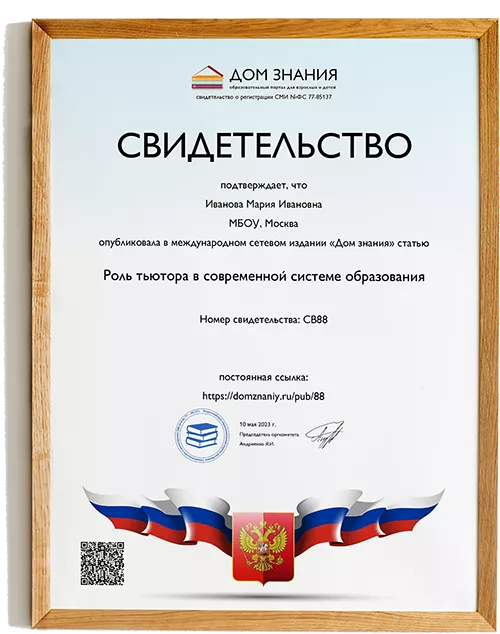Metals
All metals are divided into ferrous and non-ferrous metals. Ferrous metals are metals and alloys the main component of which is iron. The classification of ferrous metals includes iron, steel and its alloys. Metals in general and especially ferrous metals are of great importance in various constructions. Thousands of miles of railway track form an intricate network of steel over the world, helping to carry daily billions of freight for different industries. Machine tools and machinery, steamships and bridges, cutlery and razor blades are but a few of many products turned out by the steel industry. Non-ferrous are metals and alloys the main component of which is not iron but some other element such as copper (Cu), aluminium (Al) and others. Copper, aluminium and some other metals are referred to as non-ferrous metals.
The Properties of Metals.
1) All metals can be easily known by their specific metallic lustre. 2) Metals can be forged. 3) Metals can be pulled. 4) All metals, except mercury, are hard substances. 5) Being fusible, metals can be melted. 6) In general, metals are good conductors of electricity.
Vocabulary
ferrous – железосодержащий
alloy – сплав, примесь
railway track – железнодорожный грузовик
intricate – сложный
freight – груз, перевозка грузов
cutlery – ножевые изделия, столовый прибор
referred – называемый
forged – поддельный
fusible – плавкий
pulled - растянутый
Language activity
Answer the following questions on the text:
1. What groups are all metals divided into?
2. What is the main component of ferrous metals and alloys?
3. Do ferrous metals include iron, steel and it’s alloys?
4. Are metals of great importance in machine-building?
5. Are railway tracks made of ferrous metals?
6. Where else are ferrous metals used?
7. What’s the difference between ferrous and non-ferrous metals?
8. How are copper, aluminium and other similar metals referred to?
9. How can all metals be known? (distinguished)
10. Can metals be forged and pulled?
11. Are all metals hard substances? (except mercury)
12. Can metals be melted?
13. Are metals good conductors of electricity?
14. What are the main properties of metals?
Translate the following words without using your dictionary.
component, steel, constructions, billions, machine, products, industry, element, aluminium, specific, metallic, mercury, substances, electricity
Give Russian equivalents to the following words. You may use your dictionary.
iron, ferrous metals, intricate network, freight, steamships, razor blades, copper, to melt, conductor
Read and translate the following words and their derivatives.
classification – to classify – classificare
construction – to construct – constructive
industry – to industrialize – industrial
Match the words.
ferrous tools
great network
railway luster
intricate metals
machine track
specific importance
razor blades
Complete the sentences.
The classification of … metals includes iron, steel and its alloys.2. Metals in general and especially ferrous metals are of great importance in various
… .
3. … are metals and alloys the main component of which is not iron but some other element. 4. Metals can be
… .
Find English equivalents in the text.
железосодержащий, главный компонент, железо, сталь, в общем и в особенности, сложный, биллионы груза, бритвенное лезвие, плавкий
Grammar task
Find in the text all sentences with Participle II and translate them into Russian.
Find in the text Participle I, think of the infinitive of the verbs they are formed from.
Make up and write down all types of questions to these sentences:
The classification of ferrous metals includes iron, steel and its alloys. 2. Metals in general and especially ferrous metals are of great importance in various constructions. 3. Machine tools and machinery, steamships and
bridges, cutlery and razor blades are but a few of many products turned out by the steel industry.


